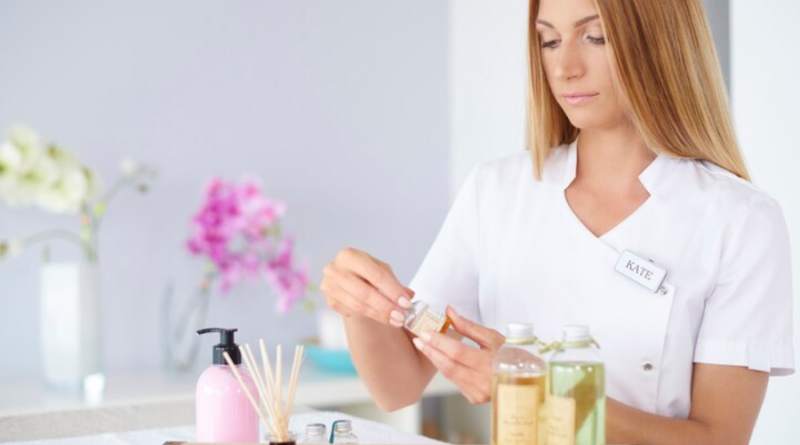Should Hyaluronic Acid Be Refrigerated? Tips for Luxury Private Label Skin Care
When it comes to curating a personalised skincare routine, the question of storage often arises. “Should hyaluronic acid be refrigerated?” or “Do serums need to be refrigerated?” are common concerns for skincare enthusiasts who want to ensure their products maintain their potency and effectiveness. For those crafting or working with Luxury Private Label Skin Care, these questions are even more critical. Proper storage can elevate the performance of your products while ensuring quality over time.
Here, we’ll explore whether skincare products like hyaluronic acid and serums require refrigeration, their benefits when stored correctly, and actionable tips for maintaining them.
Should Hyaluronic Acid Be Refrigerated?
The short answer is no, hyaluronic acid does not need to be refrigerated. This hero ingredient, known for its hydrating and plumping properties, is typically stable at room temperature. Most hyaluronic acid serums are formulated with preservatives to maintain their effectiveness without the need for refrigeration.
However, if you enjoy a cooling sensation when applying hyaluronic acid to your skin, you can refrigerate it. This won’t harm the product and may even help soothe redness or irritation, especially if your skin tends to be sensitive.
Refrigeration also offers psychological benefits — a chilled application can transform your skincare routine into a luxurious ritual. For those offering Luxury Private Label Skin Care, consider recommending refrigerated use for products like hyaluronic acid to amplify the user experience.
Do Serums Need to Be Refrigerated?
For most skincare serums, particularly those containing stabilised ingredients, refrigeration is not strictly necessary. Modern formulations are designed to remain effective at room temperature. However, certain active ingredients, such as vitamin C, probiotics, and retinol, can benefit from cooler storage. Refrigerating these ingredients reduces the risk of oxidation and degradation, ensuring they deliver their intended results for longer.
When considering refrigeration, it’s important to examine the product packaging as well. Many Luxury Private Label Skin Care brands opt for opaque or air-tight packaging to protect sensitive ingredients.
Which Serums Should You Refrigerate?
Here’s a breakdown of serums that could benefit from refrigeration:
- Vitamin C Serums: Exposure to heat and light can degrade this antioxidant over time, so refrigeration prevents it from oxidising prematurely.
- Retinol or Peptide Serums: While inherently stable, these serums may last longer if stored under cooler conditions.
- Probiotic-Based Serums: Live cultures can thrive in cooler temperatures, ensuring maximum effectiveness.
That said, avoid refrigerating oil-based serums, as low temperatures can cause them to thicken or separate.
Storage Tips for Skincare Enthusiasts and Brands
Whether you’re developing Luxury Private Label Skin Care products or curating a skincare routine for personal use, these best practices will help prolong the life of your items:
- Store products in a cool, dry place: Look for places away from direct sunlight or humidity, like a bathroom cabinet.
- Follow brand guidelines: Always check for specific instructions on the product label regarding refrigeration or storage conditions.
- Invest in a skincare fridge: If temperature control is a priority, a mini skincare fridge can keep your products fresh and stylishly displayed.
Final Thoughts
While refrigeration is not a must for every product, it can enhance the longevity and luxury experience of specific items like vitamin C or probiotic serums. With proper storage, you can optimise active ingredients and keep them effective for longer. Whether you’re a skincare enthusiast or a brand offering Luxury Private Label Skin Care, focusing on product care not only extends shelf life but also elevates the overall user experience.
Looking to curate high-quality skincare products? Keep these tips in mind and enjoy fresher, more effective results.




